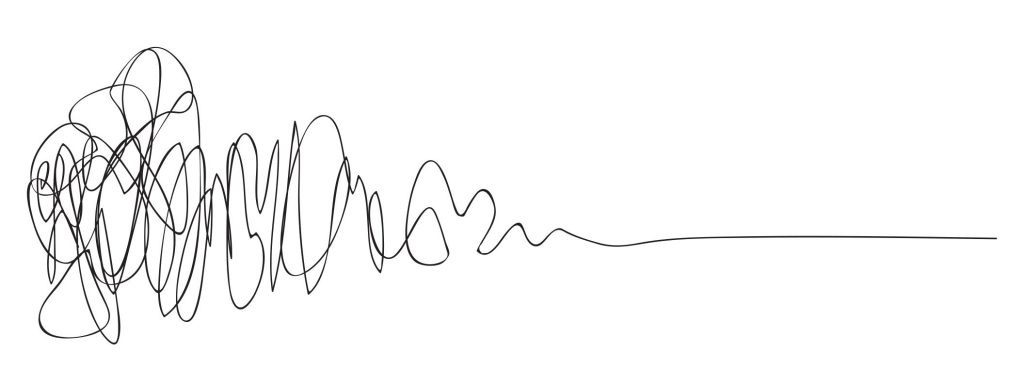23 An Introduction to Design and The Design Process
Isabel Casanova Ledesma
On our day to day we interact with products and services that are the outcome of a design process, or that a designer has been active part of creating. But, what is design? And what does a designer do exactly?
As per the Oxford Dictionary of English, you can find two definition of the word design, both as noun as a verb. For this exhibit we are going to stick with the definition as a verb which is:
to design | dɪˈzʌɪn |
1. decide upon the look and functioning of (a building, garment, or other object), by making a detailed drawing of it: a number of architectural students were designing a factory.
2. do or plan (something) with a specific purpose in mind: [with object and infinitive] : the tax changes were designed to stimulate economic growth.
Now, if you set yourself to look for a description of a design process you will find what feels like a million of them to choose from, as it seems as designers like to describe our own process as something unique and special, but, most of them if not all follow the same pattern:

The illustration above is known as the Design Squiggle, created by Damien Newman in the early 2000s to help communicate his clients that design was not “as it was for many, design was the simple act of making ordinary things pretty.” The Squiggle represents the linear process of first understanding a problem, through activities such as research, to then finding possible plans to solve the problem and then executing in the plan, as per the definition from the Oxford English Dictionary. And it very much feels like a messy and unclear process.
If you have the time to spare, below there is a video of a 50 minute lecture given by the late Bill Moggridge, one of the founders of IDEO, pioneer of interaction design, and, at the time, the director of the Cooper-Hewitt National Design Museum, where he explores further the idea of what is design:
Key Takeaways from this Introduction
- To design is to plan how a product or a service will look and function.
- A design process follows a linear process of exploration of a problem, solutions to this problem and then executing on the adequate solution.
References
The Process of Design Squiggle by Damien Newman, thedesignsquiggle.com
Design.(1989).In Oxford English dictionary online(2nd ed.)

